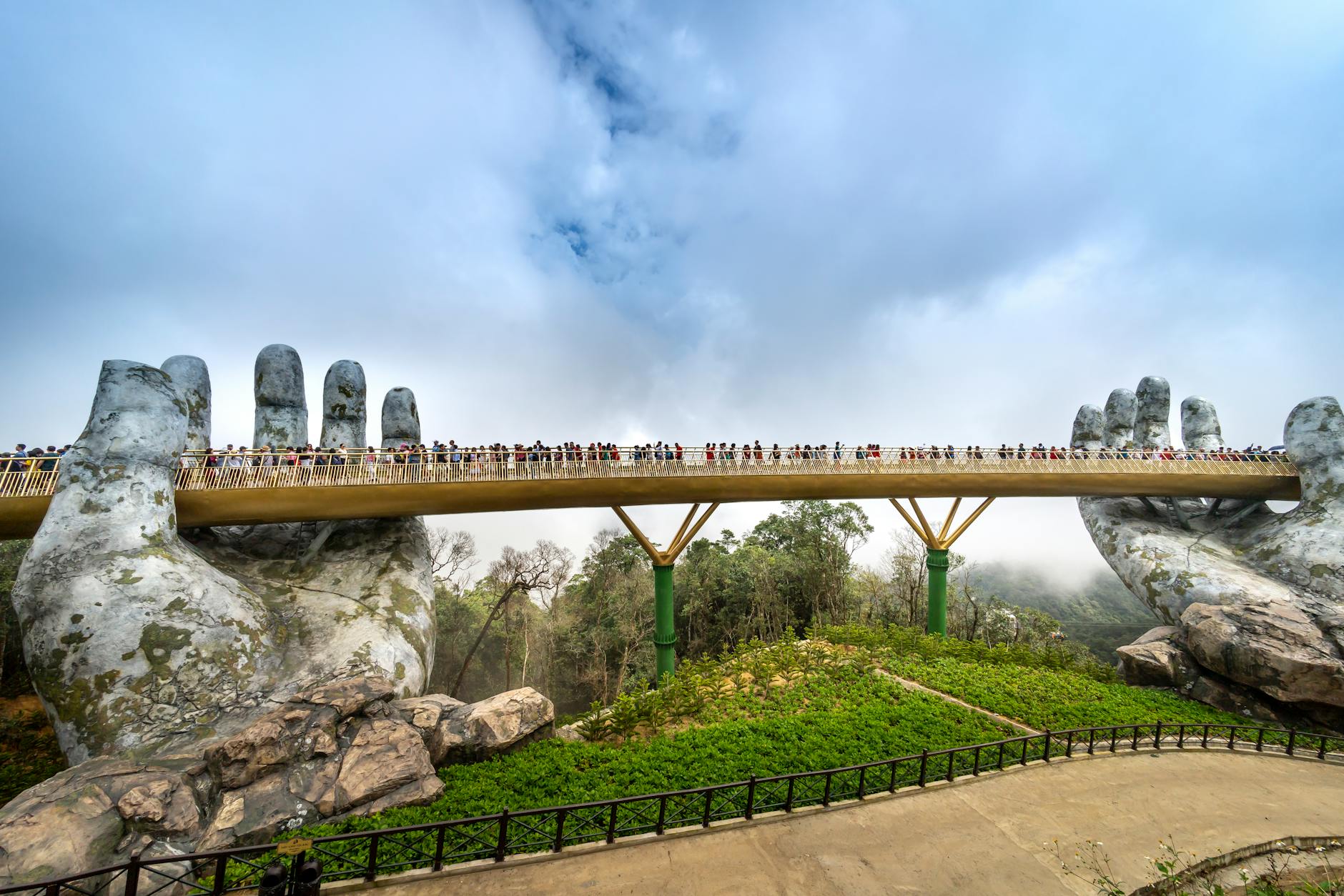MTA Travel: Zip Through NYC Like a Boss!

New York City, the sprawling metropolis brimming with energy, is home to one of the largest public transportation systems in the world – the Metropolitan Transportation Authority (MTA). Whether you're a resident or a tourist, understanding how to navigate this system is key to experiencing the city efficiently and stress-free. This article will guide you through the various aspects of MTA Travel, from mastering the subway and bus routes to adhering to their timely schedules.
Understanding the MTA Network
The MTA network comprises subways, buses, and commuter trains serving millions of commuters every day. The subway system alone includes 27 lines designated by letters and numbers, serving 472 stations. Buses complement subway routes, often providing a viable option for areas less accessible by train.
Subway System
The New York City Subway operates 24/7, encompassing four boroughs: Manhattan, Brooklyn, Queens, and the Bronx. Staten Island is served by the Staten Island Railway (SIR), which connects to the subway through the free Staten Island Ferry. Subway lines are color-coded based on the service they provide:
- Red Lines (1, 2, 3): These lines traverse from uptown Manhattan to Brooklyn, with the 2 and 3 lines extending into the Bronx.
- Green Lines (4, 5, 6): These serve the east side of Manhattan and extend into Brooklyn and the Bronx.
- Blue Lines (A, C, E): Covering a significant stretch of Manhattan, they connect to Brooklyn and Queens.
- Yellow Lines (N, Q, R, W): These lines run through Manhattan's center, connecting to Queens and Brooklyn.
- Orange Lines (B, D, F, M): Connecting northern and southwestern Manhattan to Brooklyn and Queens.
- Purple Line (7): Connecting Times Square in Manhattan to Flushing in Queens.
- Gray Lines (L): Running along 14th street in Manhattan to Canarsie in Brooklyn.
- Brown Lines (J, Z): They travel through the Financial District to Queens and Brooklyn.
- Light Green Line (G): The only line not to serve Manhattan, connecting Brooklyn to Queens.
- Shuttle Trains (S): Providing service in areas with specific needs, such as Times Square to Grand Central.
Bus System
The MTA's bus network complements the subway, with over 5,700 buses serving more than 300 local and express routes. Buses are often the best choice for shorter trips or travel into neighborhoods not well-served by the subway.
MTA Schedules
The subway and buses run on schedules designed to provide consistent service throughout the day and night. While subways tend to follow a more regular schedule, buses can be subject to traffic delays. For the most accurate schedule information, use the MTA's official website or mobile apps.
Tips for a Seamless MTA Journey
To streamline your travels, keep these tips in mind:
- Plan Ahead: Use trip planner tools provided by the MTA to map out your route before you leave.
- MetroCard: Purchase a MetroCard for fare payment. They can be used on both subways and buses.
- Off-Peak Travel: If possible, travel during off-peak hours to avoid crowded trains and buses.
- Stay Informed: Keep an eye on service alerts for any delays or changes in service.
- Respect the Rules: Follow the MTA guidelines, including no smoking, littering, or blocking subway doors.
Navigating with Apps
Several apps can enhance your MTA travel experience:
- MYmta: The official MTA app provides real-time arrival information, trip planning, and service alerts.
- Transit: Offers real-time predictions and simple trip planning for city transit.
- Google Maps: A reliable tool for trip planning that integrates public transportation options.
Conclusion
Navigating the MTA can seem daunting at first, but with a little preparation and the right tools, it can be a quick, economical, and environmentally friendly way to explore every corner of New York City. Whether you're commuting to work or touring the city's landmarks, mastering the MTA system will allow you to travel through NYC like a boss.